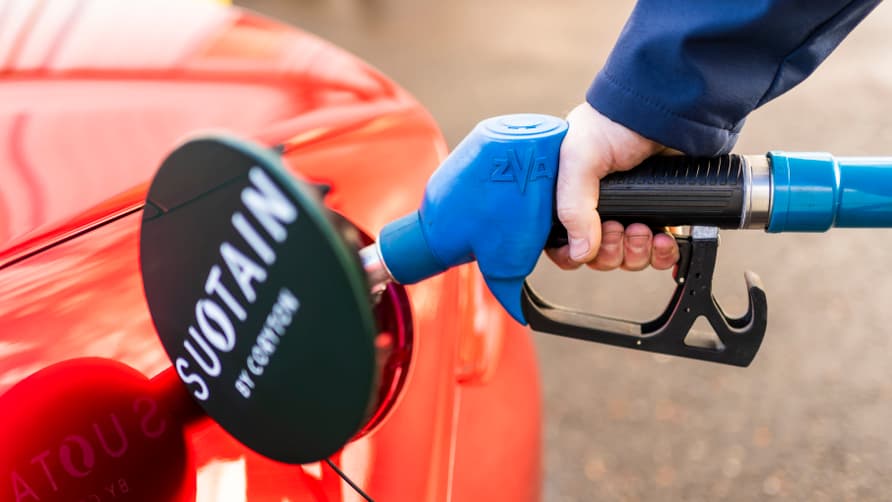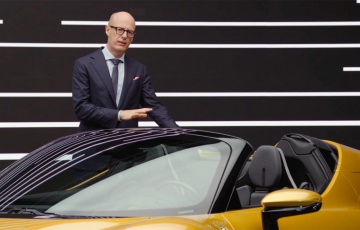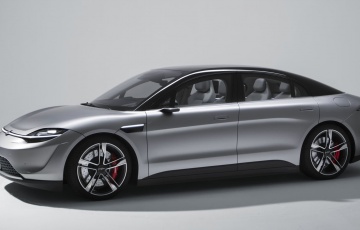Germany wants e-fuel ICE cars to survive the EU's 2035 petrol and diesel ban

Germany wants e-fuel ICE cars to survive the EU's 2035 petrol and diesel ban
There’s some dramatic skulduggery happening across the Channel. Following an approval to ban the sale of combustion-engined cars completely from 2035, Germany’s disrupted the final vote to formally adopt the legislation, amid concerns that combustion cars using synthetic fuels will not be exempt from the ban.
In a tweet, Germany’s transport minister Volker Wissing said: “The internal combustion engine itself is not the problem, the fossil fuels it runs on are.” No doubt, being Europe’s biggest producer of cars, having 820,000 jobs to protect and some pretty heavy investments in the synthetic fuels industry, creates some pressure, too.
All week, German Chancellor Olaf Scholz has been lobbying president of the European Commission, Ursula von der Leyen, to get the text of the legislation ‘clarified’.
Scholz said: “It’s not at all about differences of opinion but about the question of how it can work… And that is such a solvable question that we are all very optimistic — not just within the German government but also regarding our talks with the commission.”
Von der Leyen has stated: “We are in a constructive dialogue… [and] give full support for technological openness, but it must be in line with our goal of climate change.”
E-fuel advocates reckon the synthetic hydrocarbon fuel, created with renewable energy, is as carbon-neutral because the CO2 released when burning it is equal to that captured to make it. Like the frequent-flyer/tree-plant symbiosis, yeah?
Michael Bloss, MEP and climate policy spokesperson for the Green party in Germany, disagrees, tweeting: “E-fuels are inefficient, expensive and not an alternative. They are an advanced argument to block climate policy in the transport sector. A wind turbine can supply 1,600 electric cars with energy or 250 combustion engines. Relying on e-fuels is simply irrational.”
Germany’s vote is essential, since a qualified majority of 55 per cent is needed to get the legislation finalised. But it’s not the only car-producing country upset by the proposed measures. According to Bloss, “Poland and Bulgaria do not want the [ban] and Italy also wants to abstain. DE+IT+PL+BG would be 41.85% of the EU population. A qualified majority would thus be prevented and the end of combustion engines rejected.”
The majority of those in favour of the ban are peeved with Germany for leaving it so late in the day. Spain also thinks any last-minute changes will shake up markets and investors and send confusing messages. Teresa Ribera, minister for ecological transition, told Automotive World Europe: “What if other governments decide to do something similar on whatever issue? The procedural rules are for everybody.”
The fact that Germany’s apparent u-turn seems to have been to placate an element of Scholz’s coalition government hasn’t gone unnoticed. Ribera comments: “They may have a domestic political difficulty, but now they have exported their domestic political difficulty to the whole European Union”
STORY Cat Dow









